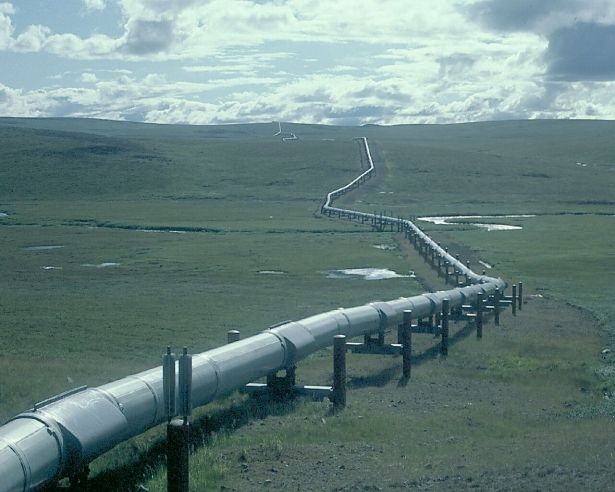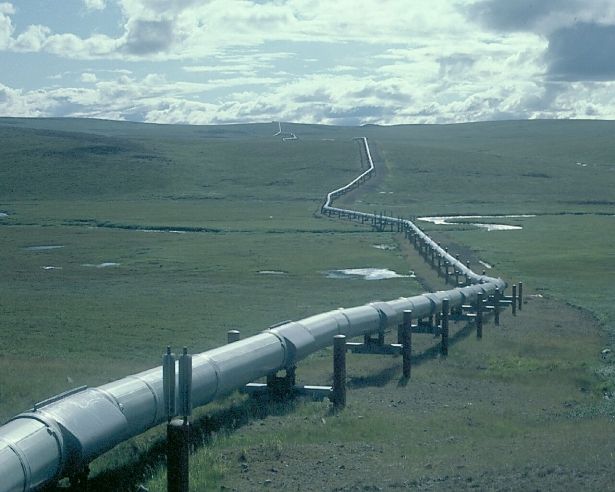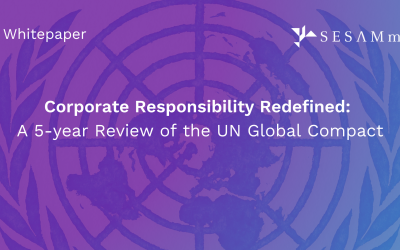Nebraska and TransCanada Corp agree to rerouting of Keystone XL Pipeline
A new route will have to be found for the proposed Keystone XL Pipeline after TransCanada Corp and Nebraska agreed to redirect the $7 billion pipeline in order to avoid an environmentally sensitive area of the US state.


A new route will have to be found for the proposed Keystone XL Pipeline after TransCanada Corp and Nebraska agreed to redirect the $7 billion pipeline in order to avoid an environmentally sensitive area of the US state.
As Climate Action reported last week, the State Department bowed to pressure from green groups and ordered the Canadian firm to reroute the oil pipeline, in a decision that is set to halt the process by up to a year.
As part of the agreement, Nebraska will now fund the necessary studies to find a more suitable route, to avoid the Nebraskan Sand Hills region and Ogallala aquifer, which is used by Nebraska and several neighbouring states for irrigation and as a source of drinking water.
“I believe we will put the routing issue completely behind us,” Alex Pourbaix, TransCanada's President of Energy and Oil Pipelines, told Reuters. “We have heard and we have listened to the people of the Sandhills.”
However, the agreement between the two parties will not affect the federal review, which will have its own say on the project due to the pipeline crossing international borders. “Nothing has changed in the process since last Thursday's announcement as any new proposed routes will be subject to the  thorough, rigorous and transparent review process we have undertaken throughout,” commented Mark Toner, the State Departments’ deputy spokesman. “Given the process, we cannot provide a specific end-date, other than to say that based on the total mileage of potential alternative routes that would need to be reviewed; we anticipate the evaluation could conclude as early as first quarter of 2013.” Consequently, it is now likely that the Obama Administration will not have to make a decision until after next years election.
thorough, rigorous and transparent review process we have undertaken throughout,” commented Mark Toner, the State Departments’ deputy spokesman. “Given the process, we cannot provide a specific end-date, other than to say that based on the total mileage of potential alternative routes that would need to be reviewed; we anticipate the evaluation could conclude as early as first quarter of 2013.” Consequently, it is now likely that the Obama Administration will not have to make a decision until after next years election.
Environmentalists, opposed to the project, are keeping a watchful eye on the final decision, after the President pledged to take into account the environmental factors associated with the project.
The TransCanada Corp’s pipeline will have the capacity to take 700,000 barrels per day through six US states from its origin in Alberta, Canada to its final destination in Texas at the oil refineries of Houston and Port Arthur.
Image 01: Matt Murray | Lipman Times
Image 02: Walt Hubis | Flickr






